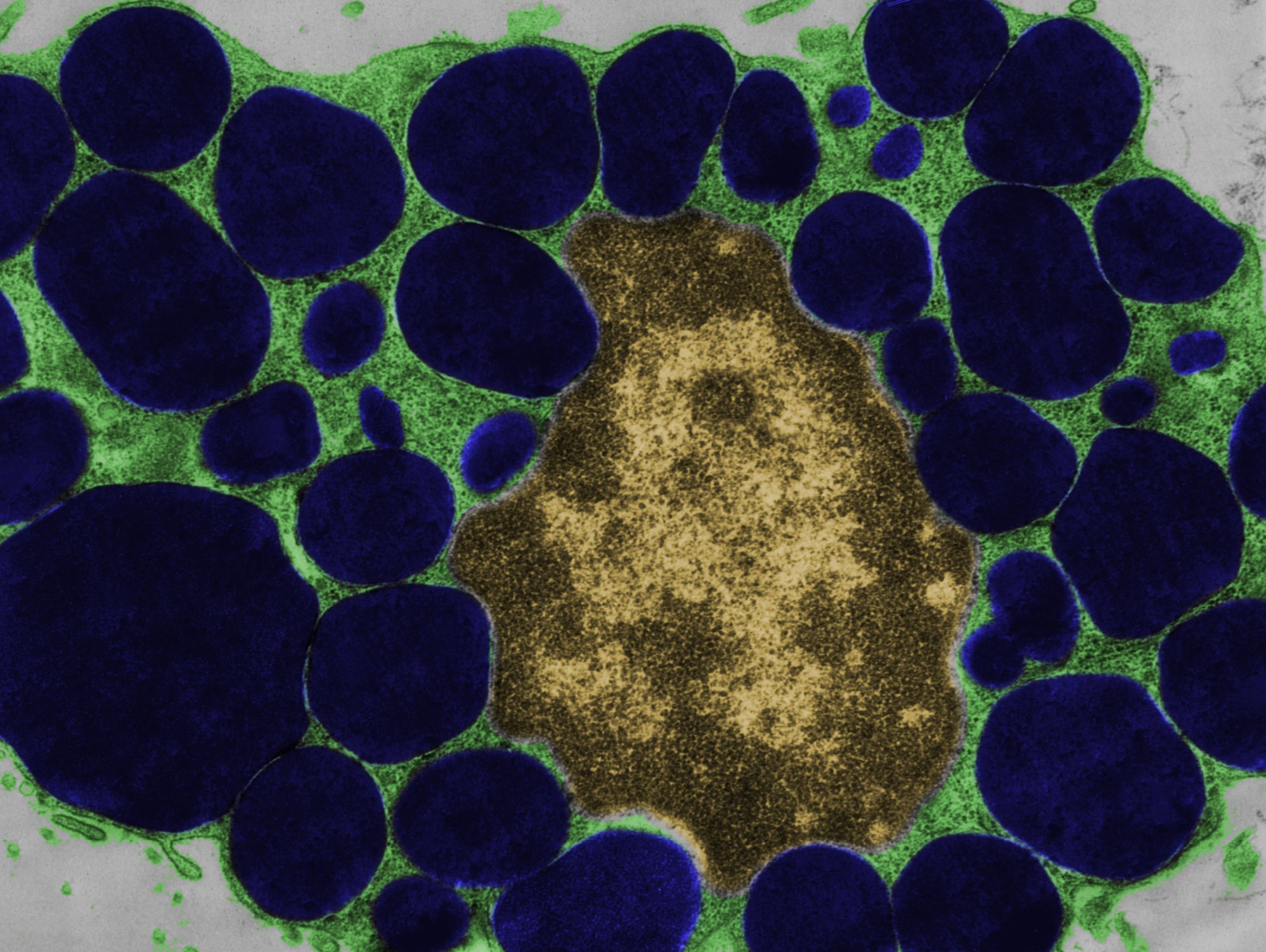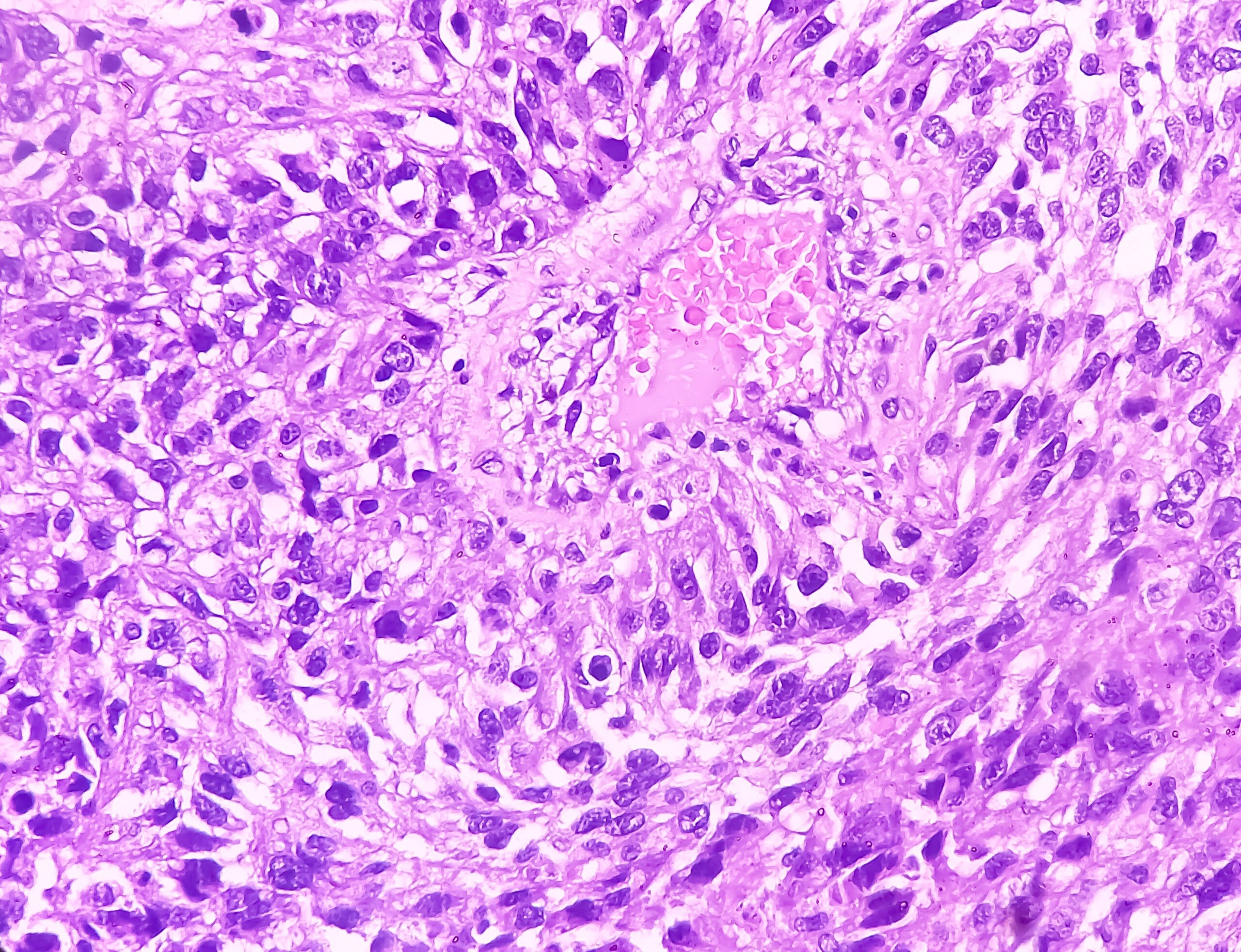Hypertension, elevated blood lipids or diabetes are among the risk factors of CHD. Omega-3 fatty acid substitution and aspirin administration are preferred as primary prevention. But is that still in keeping with the times?
Almost every heart attack is based on coronary artery disease. All the more important are preventive measures that can prevent its development, especially in patients at risk. A healthy lifestyle with sufficient exercise, a balanced diet, and little stress, in addition to a nicotine stop, certainly takes a high priority in primary prevention. In addition, all guidelines recommend a diet rich in fish and the intake of 1 g fish oil capsules, as Prof. Dr. med. Franz Eberli, Zurich, explained. This was based on study results from the 1980s [1–6], in which omega-3 fatty acid substitution was associated with a reduction in cardiovascular mortality.
However, this hypothesis could not be confirmed in the follow-up studies. Only in open-label studies was there a trend toward an effect. A 2018 Cochrane Review [7] analyzed the results of 79 randomized clinical trials and found little or no effect of omega-3 fatty acids with respect to all-cause mortality, cardiovascular mortality, cardiovascular events, stroke, and arrhythmias. A recently published study [8] in 25,871 patients without cardiovascular disease confirmed the new findings. Taking 1 g fish oil capsule vs. placebo showed no difference in terms of reduction in cardiovascular events.
Aspirin brings no benefit
Similar results were obtained in several studies with different patient groups that investigated the benefits of aspirin in primary prevention. A multicenter study [9] randomized 12,546 patients in a 1:1 ratio to receive 100 mg/day ASA or placebo. The primary end point was a combination of cardiovascular death, myocardial infarction, unstable angina, or stroke/transient ischemic attack. One of these events was observed in 269 patients (4.29%) in the verum group versus 281 patients (4.48%) in the placebo group. Accordingly, there was no clear advantage.
A second study [10] examined the protection of ASA against cardiovascular events in 15,480 diabetic patients with an average age of 63 years. Again, one group was given 100 mg/day of ASA or placebo. The primary efficacy end point was a severe vascular event. During the follow-up period of 7.4 years, the risk of a vascular event was actually moderately reduced by 12%. However, this benefit was offset by a high number of severe hemorrhagic complications (29% increase). “Accordingly, good treatment of hypertension and lowering cholesterol remain the most important primary preventive measures in high-risk patients,” Prof. Eberli concluded.
Source: 85th Medical Congress Davos, February 7-9, 2019.
Literature:
- NEJM 1985; 312: 1205-1209.
- NEJM 1985; 313: 820-824.
- Circulation 202; 106: 2747.
- Lancet 189; 334:757-761.
- Lancet 1999; 354: 474-455.
- Circulation 2017; 135: 867-884.
- Cochrane Database Syst Rev 2018; 7: CD03177.
- NEJM 2019; 380: 23-32.
- Lancet 10152; 392: 1036-1046.
- Am Heart J 2018; 198: 135-144.
GP PRACTICE 2019; 14(3): 40-41
CARDIOVASC 2019; 18(5): 30











